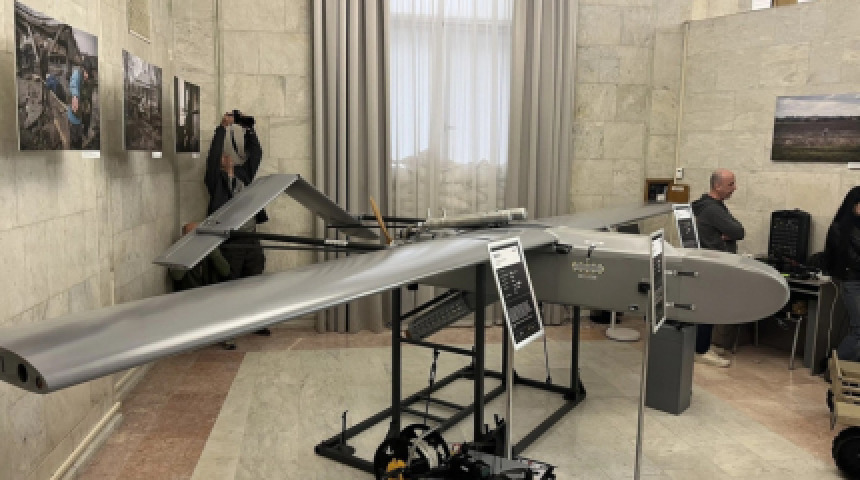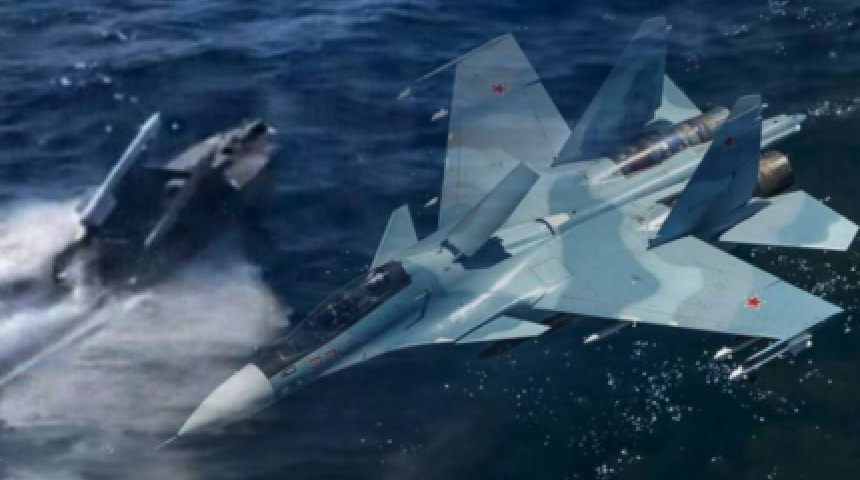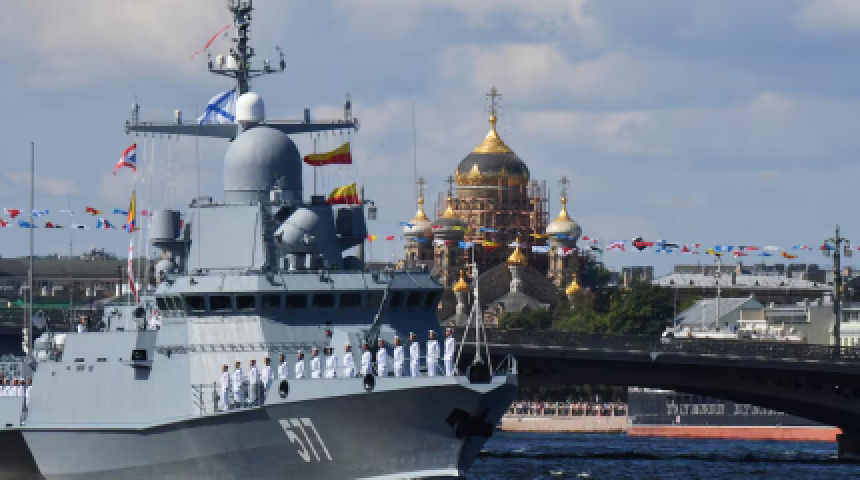塞爾維亞總統堅持參加俄羅斯勝利日閱兵,冒著與歐盟關係惡化的風險

(Mikhail Klimentyev/SPUTNIK/AFP via Getty Images)
塞爾維亞總統亞歷山大·武契奇(Aleksandar Vučić)宣布,儘管歐盟警告此舉可能影響塞爾維亞的入盟進程,他仍計劃於2025年5月9日出席在莫斯科舉行的勝利日閱兵,並派遣一支塞爾維亞軍隊參加。此舉被視為對俄羅斯在烏克蘭戰爭中的支持,引發國際關注。
歐盟外交政策負責人卡亞·卡拉斯(Kaja Kallas)呼籲各國領導人抵制此次閱兵,並建議他們改為訪問基輔,以表達對烏克蘭的支持。然而,武契奇強調,參加閱兵是為了紀念二戰中對抗納粹的勝利,並表示塞爾維亞不會放棄紀念這一歷史事件。
與此同時,塞爾維亞國內也出現了對政府親俄立場的抗議聲浪。學生領導的大規模抗議活動指責政府腐敗,並對其與俄羅斯的密切關係表示不滿。此外,塞爾維亞新政府中出現了多位反歐盟的部長,其中一人曾公開焚燒歐盟旗幟,進一步加劇了與歐盟的緊張關係。
儘管面臨來自歐盟的壓力和國內的抗議,武契奇仍堅持參加莫斯科的閱兵活動,並與斯洛伐克總理羅伯特·菲科(Robert Fico)和波斯尼亞塞族領導人米洛拉德·多迪克(Milorad Dodik)一同出席。此舉被視為對俄羅斯的支持,可能進一步影響塞爾維亞與歐盟的關係。
三個重要觀點:
- 塞爾維亞總統堅持參加俄羅斯閱兵,可能影響入盟進程
儘管歐盟警告此舉可能導致塞爾維亞入盟進程受阻,總統武契奇仍堅持參加俄羅斯的勝利日閱兵,顯示其對俄羅斯的支持。 - 國內抗議聲浪加劇,對政府親俄立場表示不滿
塞爾維亞國內出現大規模學生領導的抗議活動,指責政府腐敗,並對其與俄羅斯的密切關係表示不滿。 - 新政府中出現反歐盟部長,加劇與歐盟的緊張關係
塞爾維亞新政府中出現多位反歐盟的部長,其中一人曾公開焚燒歐盟旗幟,進一步加劇了與歐盟的緊張關係。
Serbian President Aleksandar Vučić has announced that, despite warnings from the European Union that such a move could impact Serbia’s EU accession process, he still plans to attend the Victory Day parade in Moscow on May 9, 2025, and will also send a Serbian military contingent to participate. This move is seen as a show of support for Russia in its war against Ukraine, drawing international attention.
EU foreign policy chief Kaja Kallas has urged world leaders to boycott the parade and instead visit Kyiv to express solidarity with Ukraine. However, Vučić emphasized that attending the parade is meant to commemorate the victory over Nazism in World War II, and he stated that Serbia will not give up honoring this historic event.
At the same time, there has been a growing wave of protests within Serbia against the government’s pro-Russian stance. Large-scale, student-led demonstrations have accused the government of corruption and voiced dissatisfaction with its close ties to Russia. Additionally, the newly formed Serbian government includes several anti-EU ministers, one of whom has previously burned the EU flag in public, further escalating tensions with the European Union.
Despite pressure from the EU and domestic protests, Vučić remains firm in his decision to attend the parade in Moscow, accompanied by Slovak Prime Minister Robert Fico and Bosnian Serb leader Milorad Dodik. The move is widely seen as a gesture of support for Russia and could further strain Serbia’s relations with the EU.
Three Key Points:
- Serbian President’s Attendance at Russian Parade Could Impact EU Accession
Despite EU warnings that this move could hinder Serbia’s accession process, President Vučić remains committed to attending Russia’s Victory Day parade, signaling continued support for Moscow. - Rising Domestic Protests Against Pro-Russian Government Stance
Large-scale, student-led protests have erupted in Serbia, criticizing government corruption and discontent with its close relationship with Russia. - Anti-EU Ministers in New Government Worsen Tensions with Brussels
The new Serbian government includes several openly anti-EU ministers, including one who has publicly burned the EU flag, increasing friction between Serbia and the European Union.




回應文章建議規則: